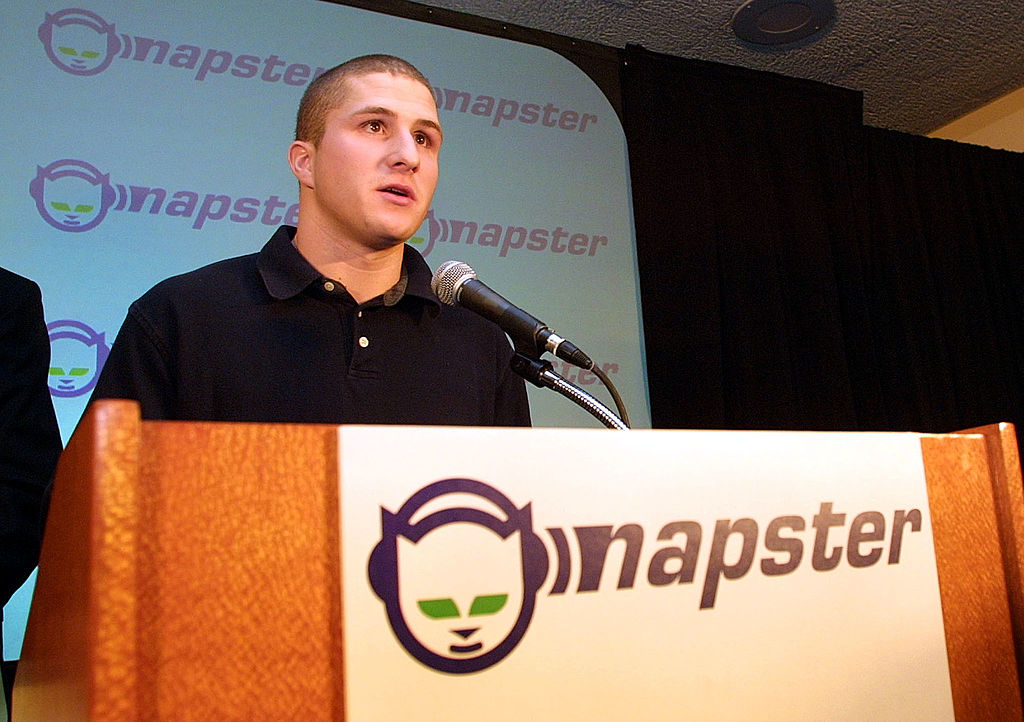July 1, 2025
What Happened to Napster? The Rise, Fall, and Resurrection of a Music Revolution

In the summer of 1999, from a humble college dorm in Boston, Shawn Fanning, a reticent teenage coder at Northeastern University, unleashed Napster. Together with his audacious friend Sean Parker, Fanning created a platform that would redefine the music industry. Napster, a sleek, user-friendly peer-to-peer (P2P) file-sharing service, enabled millions to exchange MP3 files, inadvertently challenging copyright laws on a massive scale.
To its legion of users, Napster was a revelation, democratizing music distribution and turning overpriced CDs into relics. Yet, to the music industry, it declared war. Within months, the service's user base exploded, reaching over 80 million by early 2000, igniting a cultural rebellion among a generation that saw music as a right, not a luxury.
However, the legal battles began swiftly. Metallica and Dr. Dre, outraged by unauthorized distribution of their music, filed lawsuits in 2000. The Recording Industry Association of America (RIAA) wasn't far behind, representing major labels in a federal lawsuit that accused Napster of contributory and vicarious copyright infringement.
Napster's defense argued for its status as a neutral platform, akin to an internet service provider, claiming protection under "fair use." But the courts were unconvinced. By July 2000, U.S. District Judge Marilyn Hall Patel delivered a crippling blow with a preliminary injunction against the platform. Efforts to filter copyrighted material failed, and by July 2001, Napster was offline, eventually filing for bankruptcy in 2002.
The aftermath saw Napster's assets scooped up by Roxio, which rebranded it as a legal, subscription-based service, stripping it of its revolutionary sheen. Meanwhile, Napster's founders took divergent paths. Shawn Fanning remained a figure in tech, albeit more subdued, focusing on ventures like Snocap and Helium Systems, while Sean Parker leveraged his Napster notoriety to ascend Silicon Valley's ranks, eventually becoming a billionaire philanthropist.
Today, Napster has morphed yet again, now part of a blockchain-based music platform owned by Hivemind and Algorand, ironically ensuring fair compensation for artists through decentralized streaming and smart contracts. It's a far cry from its pirate roots, now fully integrated into the legal and commercial fabric it once sought to dismantle.
The Napster saga didn't just disrupt the music industry; it altered the course of digital rights, setting precedents that still govern internet use today. Its legacy is a testament to the power of innovation to challenge the status quo, reshaping entire industries and legal landscapes in its wake.